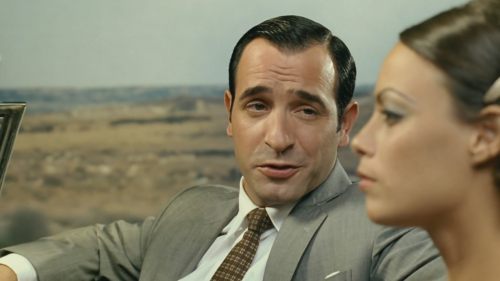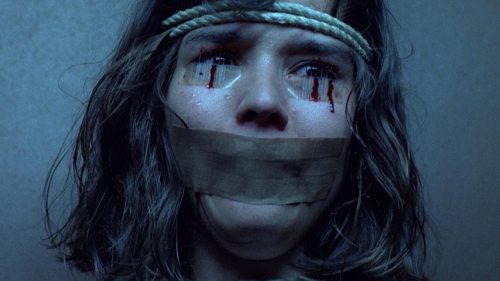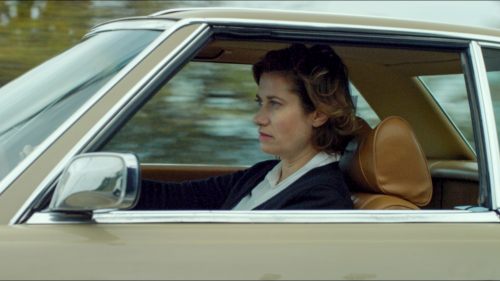MUBI Movies: RAN
MUBI is a streaming service catering to cinephiles who believe in quality over quantity. Each day, MUBI adds a new film to its library, where it will stay for 30 days, after which it circulates out and gives room for another new entry. Throughout 2018, we will highlight one MUBI movie per month to help illustrate the catalog’s breadth and importance.
One of my favorite Shakespearean works is King Lear. The tragedy of a once strong and proud ruler succumbing to his age and fleeting mental faculties is a perpetually hard pill to swallow, with the performances of Lear and his faithful Fool acting as a hypnotic anchor that sucks one into the depths of their despair. Equally entrancing are the works of Akira Kurosawa, the auteur who revolutionized Japanese cinema with classics that pushed the boundaries of epic scope and played with narrative perspective in ways that we are still parsing today. It is this broad vision that made Kurosawa the prime candidate to adapt King Lear for a Japanese audience, helped by the perspective of having lived to the age of 75 at the time of production. The result was Ran, a title that roughly translates to "chaos," which tells you something of what Kurosawa saw in the story of Lear to be brought to life in feudal Japan.
Our Lear analogue for this story is Hidetora Ichimonji, a warlord infamous for his brutal tactics who is finally starting to succumb to the effects of old age and must necessarily name successors to his plundered gains. Hidetora has three sons, and gives his eldest son, Taro, control over the First Castle and leadership of the clan, commanding second and third sons Jiro and Saburo to support Taro in times of need. Saburo points out, though, that Hidetora himself achieved his stature through betrayal and ruthlessness, so the idea that the three sons would play fair with one another if given the power to wage war is foolishness. Thinking respect for his legacy makes him secure, Hidetora lashes out at Saburo and banishes him, only to find that Taro and Jiro have plans to maneuver themselves into positions of supreme authority, regardless of their father's intentions.
A key difference between Shakespeare's Lear and Kurosawa's Hidetora is that Hidetora is not at first senile. He is certainly old and easily tired, but he is still as sharp and vicious as ever, if perhaps a bit too trusting of his children. Madness only sets in Hidetora after he has been betrayed, caught in the middle of a siege that he is unable to fight back against, leaving him in much the same position as the people he once conquered. The sudden loss of status, prestige, and honor breaks the man, leaving him a husk of his former self led around by a dancing, capering Kyoami, Ran's version of The Fool.
Tatsuya Nakadai gives an absolutely haunting performance during Hidetora's final days, assisted by makeup and lighting that make him appear more ghostly than corporeal. He starts the film as this tyrant who wants to spend his final days in comfort and prestige among the prizes he has won, but that tyranny comes back to haunt him in the form of offspring who only learned to emulate the warmongering of their father. This leaves Hidetora unable to comprehend the scope of the pain he has wrought throughout his life, with it all returned to him so suddenly and cruelly. We learn much of this through the eyes of Kyoami, whose frustrations with the old man are at first voiced through mocking japes, then anger at the former ruler's fall from grace, and finally despair as Hidetora crumbles under the weight of his past sins. Reputed transgender performer Peter gives a stirring performance that is at once mischievous while conveying immense compassion.
Being a Kurosawa film and an adaptation of Shakespeare, Ran is more complex than those two performances, juggling plots and intrigue among Hidetora's sons and their wives and advisors, but much like King Lear the heart of the story is in the deposed monarch's anguish. This is one of the most tragic films of Kurosawa's extensive and emotionally gripping catalogue. Hidetora is brought down by the chaos he set in motion, but by the time he learns his lesson it is too late to redeem himself. We mourn for that loss right along with Kyoami, one of the only people left who will stick with their betrayed leader. Ran isn't the first film many think of when they consider Kurosawa's extensive filmography, but I would posit that it is among his best. You can watch it here!



